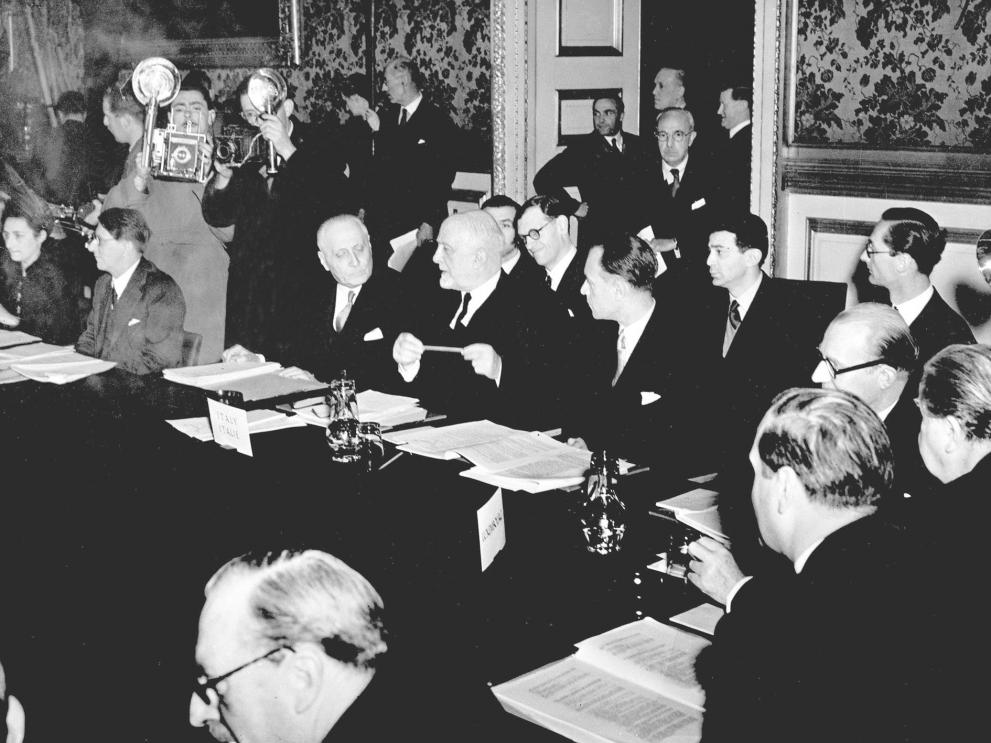
One of the architects of European integration, Jean Monnet, famously quipped that Europe is “forged in crisis”, adding that it represents “the sum of the solutions adopted for these crises”. In many ways, Monnet’s dictum would appear to be vindicated: despite the numerous crises that have shaken the European Union, not only has it survived but it has expanded. From the early days of the Rome Treaty between six (6) member states to the current predicament of twenty-seven (27) members, and a monetary unification of twenty (20) members, the European Union remains the most important supranational organization of the world.
Its Treaties, decisions and policies affect the social, political and
economic life of millions of people in ways that remain unique. Yet, despite
its long historical trajectory and its continuing influence, most people
(including a non-negligible amount of EU citizens) know and understand very
little about the EU, its historical evolution and its contemporary functions.
Even less understood, perhaps, are the ways through which the EU has managed
the various crises that have shaken its trajectory.
Many theories have been put forward to approach European integration.
Until recently, these were dominated by diplomatic or national perspectives, approaching
European integration as a process of reconciling competing national interests via
a supranational compromise. Closely related to this view is the approach that
qualifies these relationships as mainly driven by a Franco-German hegemonic
battle, with other member states relegated to secondary roles. More recently, a
new perspective has been gaining ground: that of European integration as the
process of collaboration of trans-national epistemic communities and coalition
networks, agents acting as bearers of commonly held beliefs and
intellectual ideas beyond narrow national confines. The purpose of this seminar
is to unfold the trajectory of European integration, interrogate the various
theories that have sought to understand and explain it and contextualize what
its various crises can tell us about it.
The seminar European integration and its crises will take a chronological view of key conjunctural moments in European integration, exploring different approaches that have tried to make sense and contextualize its foundations, its development and the various crises that have threatened its existence.
- Kursleiter*in: Dr. Roufos-Kanakaris Pavlos

